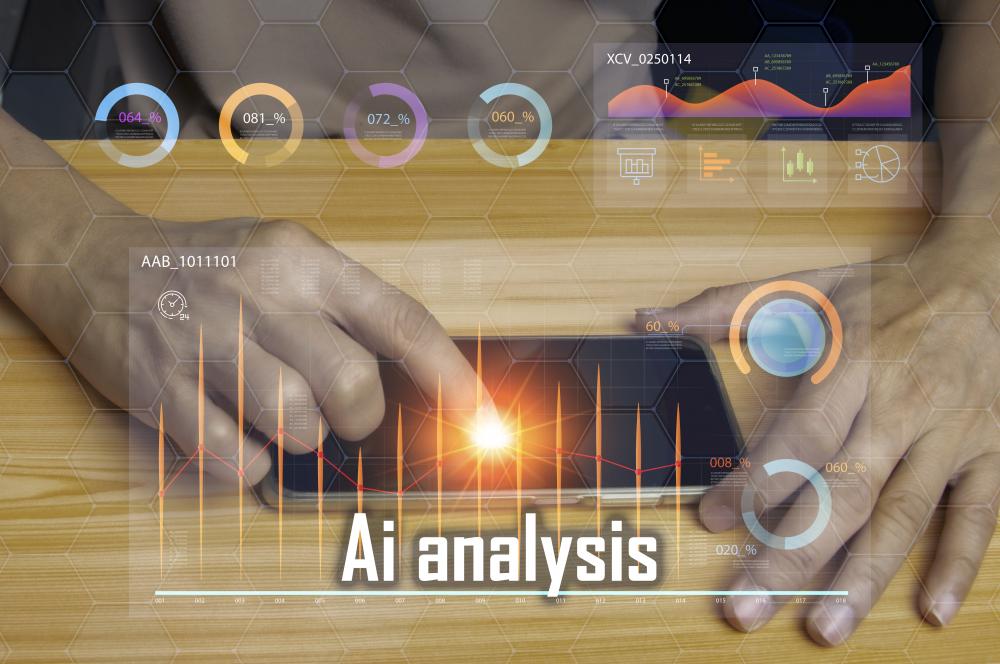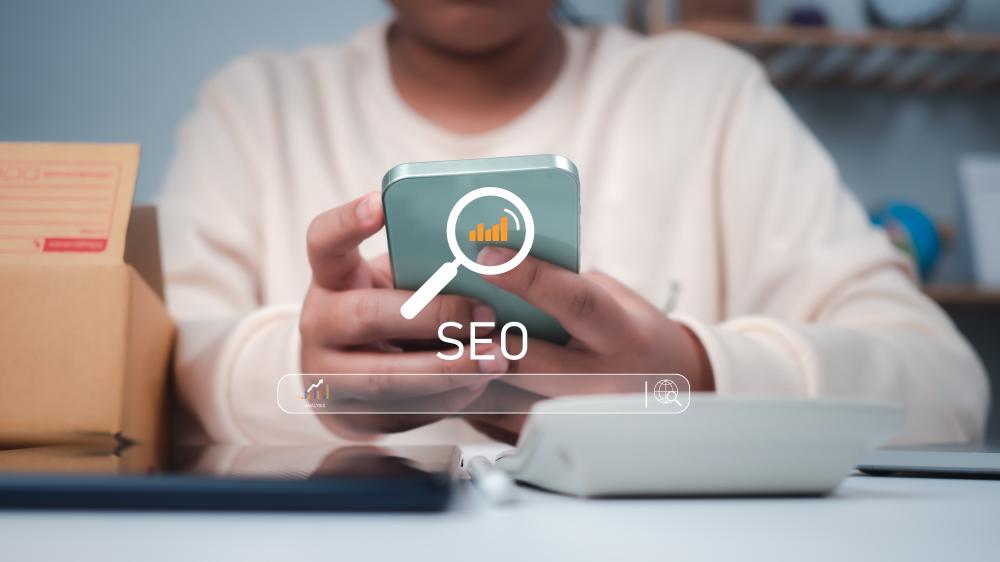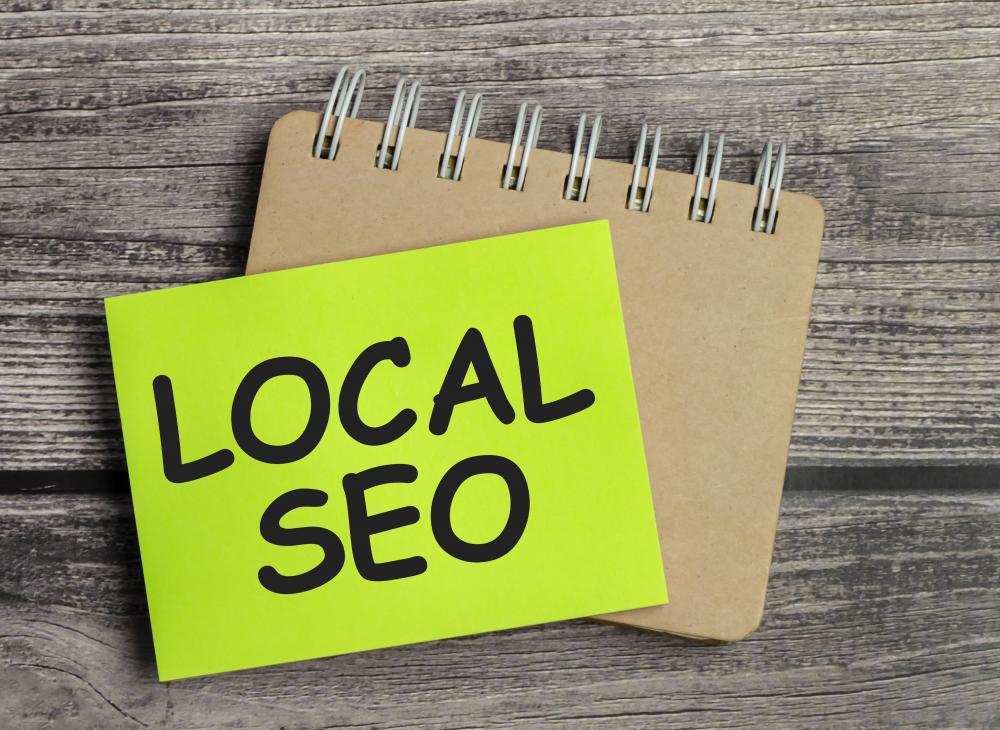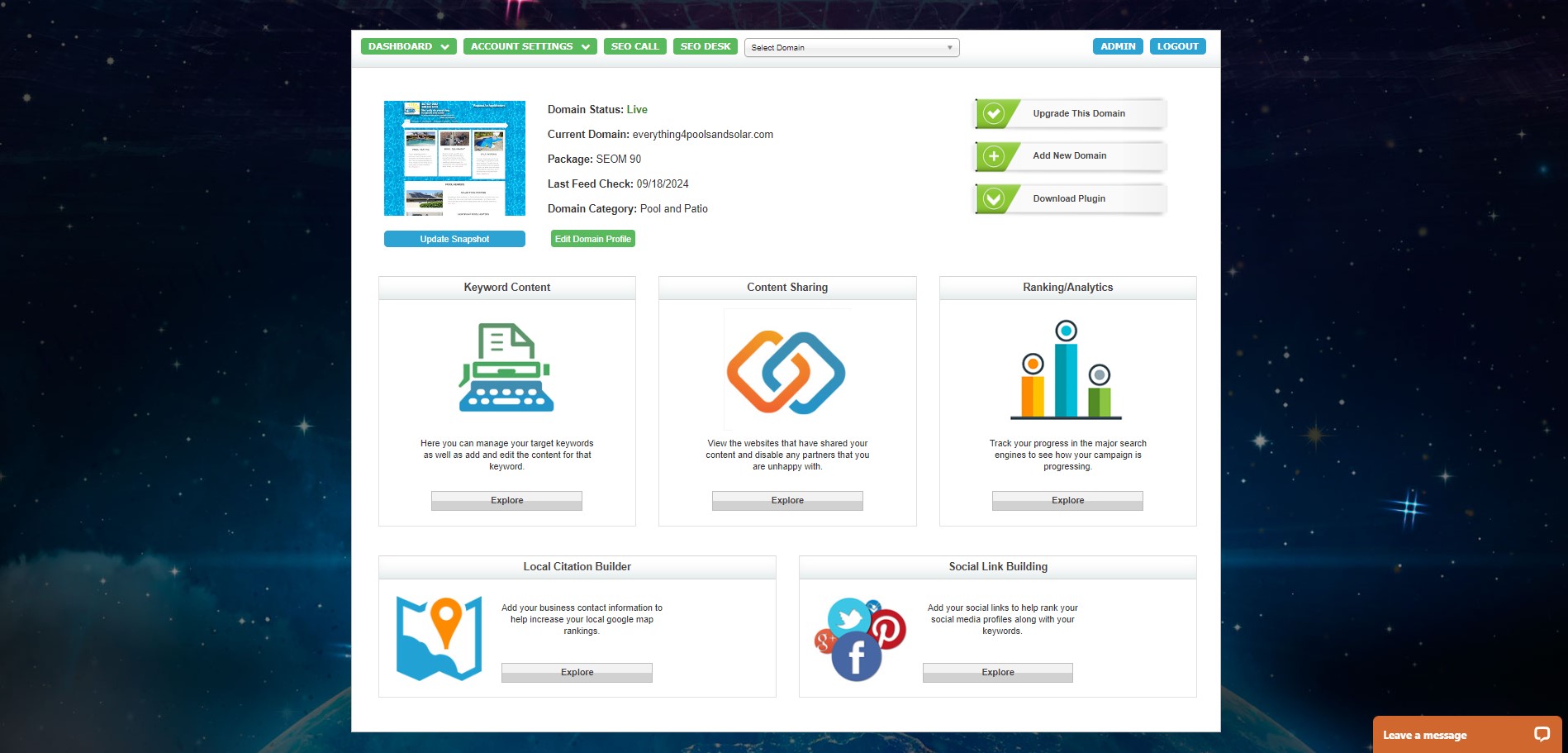
The Impact of AI on SEO
In the ever-evolving landscape of digital marketing, AI Content and SEO have become intertwined in a dance of complexity and innovation. As a strategy-driven SEO agency, we’ve witnessed firsthand how AI can revolutionize content creation and search engine rankings. By leveraging AI tools, we can analyze data at an unprecedented scale, uncovering insights that inform our keyword research and content strategies.
The use of AI in creating content has shifted from a novelty to a necessity. It’s not just about generating articles or blog posts; it’s about crafting content that resonates with your audience and aligns with Google’s algorithms. This harmonious blend of AI and human touch ensures that the content not only ranks well but also engages and converts.
However, navigating the AI Content and SEO landscape requires a nuanced understanding of both the technology and the SEO guidelines. Google’s algorithms are adept at identifying content that offers genuine value from that which doesn’t, making it crucial for marketers to use AI responsibly and creatively.
Optimizing AI Content for SEO
Optimization is the key to bridging the gap between AI-generated content and SEO success. At our agency, we focus on enriching AI content with human insights to ensure it meets Google’s E-A-T (Expertise, Authoritativeness, Trustworthiness) criteria. This process involves adding unique perspectives, anecdotes, and professional expertise that AI alone cannot replicate.
Another critical element is ensuring that the AI Content and SEO strategy incorporates keyword research seamlessly. By understanding the search intent behind the keywords, AI can create content that addresses users’ needs and queries, thereby improving search rankings and visibility.
Technical SEO also plays a significant role in optimizing AI content. Structuring content with the right headers, meta titles, and descriptions, and ensuring it is mobile-friendly and fast-loading can make a substantial difference in how search engines rank your pages.
Challenges and Opportunities
Despite its advantages, integrating AI Content and SEO presents its own set of challenges. One of the main hurdles is maintaining the originality and authenticity of the content. AI can sometimes produce generic content that lacks depth and personality, which is where the human element becomes invaluable.
On the other hand, the opportunities are boundless. AI can analyze large volumes of data to predict trends, suggest relevant topics, and even identify gaps in the content. This data-driven approach allows for more strategic content planning and execution, paving the way for innovative SEO campaigns that are both effective and efficient.
Furthermore, AI can automate routine SEO tasks, allowing us to focus on strategic decision-making and creative endeavors. This fusion of AI efficiency and human creativity is where the future of SEO lies.
Best Practices for AI Content Creation
Understanding User Intent:At the core of our AI Content and SEO strategy is a deep understanding of user intent. By tailoring content that addresses specific needs and questions, we enhance the user experience and improve SEO performance.
Blending AI with Creativity:While AI provides a solid foundation for content creation, infusing it with creativity and personal insights ensures that each piece is engaging and unique. This approach not only enhances readability but also enriches the content’s value, making it more likely to achieve higher search rankings.
Continuous Learning and Adaptation:The digital landscape is constantly changing, and so are SEO best practices. Staying ahead means continuously learning and adapting our strategies. By keeping abreast of the latest AI technologies and SEO trends, we ensure that our clients’ content remains relevant and competitive.
Looking Ahead: The Future of AI and SEO
As we look towards the future, the convergence of AI Content and SEO promises to open new frontiers in digital marketing. AI’s ability to process and analyze data offers unparalleled opportunities for personalization, targeting, and content optimization.
However, the true potential lies in the synergistic relationship between AI and human creativity. By leveraging the strengths of both, we can create compelling, valuable, and highly optimized content that not only ranks well but also delights and informs the reader.
In conclusion, the journey of integrating AI Content and SEO is ongoing, full of challenges, but also abundant in opportunities. Embracing this evolving landscape with an open mind and a creative approach will be key to unlocking the full potential of digital marketing strategies.
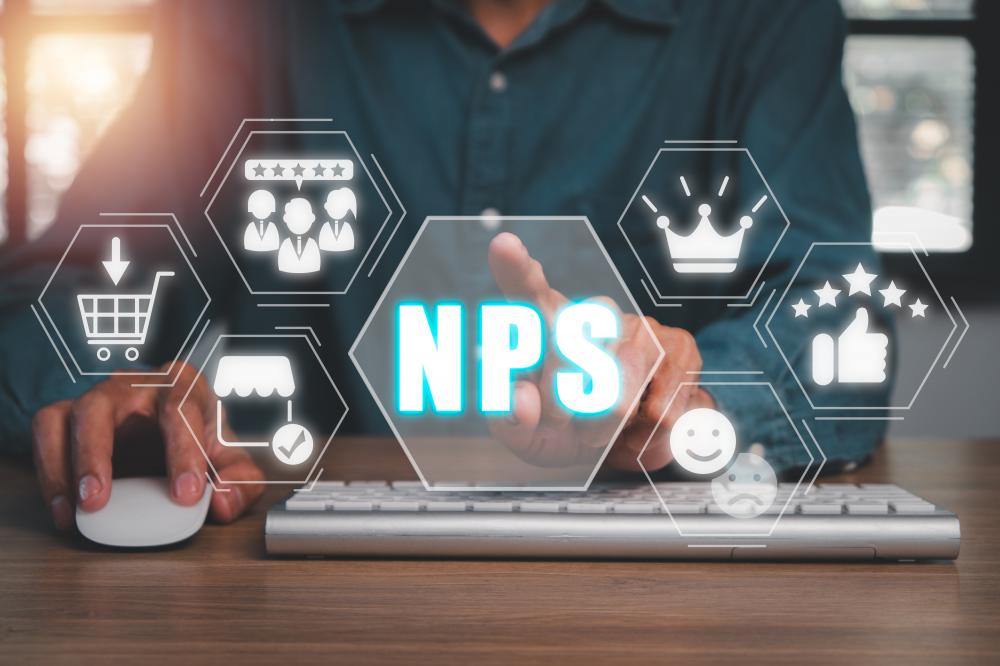
Understanding Natural Language Processing
Natural Language Processing (NLP) sits at the intersection of technology and language, a burgeoning field that allows machines to comprehend, interpret, and mimic human language. In our journey at SEO Web Designs, we’ve leveraged the power of NLP to transform digital interactions, making them more humane and intuitive. Whether it’s optimizing content for search engines or developing chatbots that understand customers’ queries, NLP has been an indispensable tool in our arsenal.
Our approach to Natural Language Processing goes beyond the conventional. We dive deep into the semantics of language, ensuring that the technology does not just understand the words but grasps the context and nuance behind them. This depth of understanding is crucial in delivering content that resonates with the audience and ranks higher on search engines.
At the core of our Natural Language Processing efforts is a commitment to creating seamless experiences. We’ve observed firsthand how NLP can bridge the gap between businesses and their online audiences, making digital interactions more engaging and effective.
Challenges in Natural Language Processing
Natural Language Processing is not without its challenges. The ambiguity of human language, with its idioms, sarcasm, and varying dialects, presents a significant hurdle. Our team often encounters instances where the same phrase means different things in different contexts. Overcoming these challenges requires a blend of sophisticated NLP algorithms and human oversight.
Another hurdle is keeping up with the ever-evolving nature of language. New words, slang, and expressions emerge daily, requiring our NLP models to be adaptable and continuously updated. Our solution has been to create a feedback loop where the learnings from content engagement inform our NLP strategies, ensuring they remain relevant and effective.
Integrating Natural Language Processing with SEO Strategies
The integration of Natural Language Processing in SEO has been a game-changer. NLP enables us to understand the intent behind search queries, allowing us to craft content that matches users’ needs more accurately. This alignment between content and user intent has proven to drive more organic traffic to our clients’ sites, translating into higher engagement and conversions.
In addition, Natural Language Processing has enhanced our keyword research process. By analyzing search trends and interpreting the nuances of language, we identify opportunities that others might overlook. This strategic advantage has enabled our clients to capture valuable niches within their markets.
The Future of Natural Language Processing in Digital Marketing
Natural Language Processing is set to redefine the future of digital marketing. As the technology becomes more sophisticated, we anticipate a shift towards more personalized and conversational content. This evolution will not only improve user experience but also open new avenues for engaging potential customers.
Moreover, NLP’s role in analytical tasks will expand, offering deeper insights into consumer behavior and preferences. These insights will empower marketers to craft strategies that are not only data-driven but also deeply empathetic to the needs of their audience.
In SEO Web Designs, we are already exploring the next frontier of Natural Language Processing technology. From developing more nuanced chatbots to incorporating voice search optimization, our goal is to harness the full potential of NLP to enhance digital marketing strategies.
Understanding Search Engine Optimization
At SEO Web Designs, we see Search Engine Optimization (SEO) as an art form, blending technical expertise with creative strategies to enhance online visibility. SEO is not just about inserting keywords; it’s about creating a seamless experience that speaks to both search engines and your target audience. Our journey over two decades has shown us the transformative power of well-executed SEO.
Our approach starts with comprehensive Keyword Research, digging deep into search trends to unearth the terms that matter most to your audience and your business. This foundational activity sets the stage for all subsequent SEO efforts, ensuring that we’re not just driving traffic, but attracting the most valuable visitors to your site.
SEO Marketing Strategies
SEO Marketing involves a meticulous process of refining your website to meet the ever-evolving algorithms of search engines. It requires a deep understanding of technical SEO, from site structure to mobile compatibility, and an ongoing commitment to optimization. Our team handles this complex work with ease, employing proven strategies to elevate your site’s ranking.
Content Marketing then transforms these insights into engaging, SEO-optimized content. This not only captivates your audience but ensures your site becomes a valuable resource that search engines want to rank highly. Each piece of content is crafted to resonate with your audience, incorporating keywords naturally to maintain readability and engagement.
Simultaneously, our Market Research service looks outwards, analyzing your competitors’ strategies to keep you ahead of the curve. By understanding their strengths and weaknesses, we can fine-tune your SEO strategy to capitalize on opportunities and avoid potential pitfalls.
Going Beyond the Basics
In our two decades of experience, we’ve learned that SEO is never static. It’s a dynamic field that requires ongoing attention and adaptation. This understanding drives our commitment to continuous improvement and learning, ensuring that your SEO strategy remains effective despite the changing digital landscape.
Our flexible pricing plans are designed to suit businesses at different stages of growth, from startups seeking visibility to established brands looking to dominate their market online. This flexibility extends to our contracts as well, offering pay-as-you-go options that adapt to your needs and budget.
Client Success Stories
Our work speaks for itself, through the success stories of clients like David L, founder of Ms Solutions, who highlights our comprehensive market analysis and strategic approach. Emily R from Sweet Delights credits the increase in qualified leads to our targeted SEO efforts, while Karen T, CMO at Elegant Interiors, praises our team’s dedication to client success.
These testimonials mirror our mission to not just meet, but exceed client expectations through meticulous SEO strategies that drive tangible results. Our dedication to our clients’ success is what sets us apart, making SEO Web Designs your trusted partner in achieving online success.
Continuous Support and Improvement
Your journey with us doesn’t end with the launch of your SEO strategy. We offer dedicated support, transparent reporting, and a commitment to continuous improvement. This holistic approach ensures that your digital marketing strategy doesn’t just keep pace with the evolving online world but stays several steps ahead.
Contact us today at SEO Web Designs to begin your journey to online success. Let our expertise, dedication, and innovative strategies drive your business forward.

Does AI content impact SEO?
Indeed, AI content significantly impacts SEO, but not in the way many might initially assume. At SEO Web Designs, we’ve observed that when utilized correctly, AI can supercharge content creation by making it more data-driven and aligned with user intent. This comes from AI’s ability to analyze vast amounts of data and identify patterns that humans might overlook. However, the real magic happens when we blend AI-generated content with human creativity and expertise. For instance, when crafting blog posts, we use AI to draft an initial version based on keyword research and trending topics. Then, our human experts step in to add personal insights, anecdotes, and the kind of nuanced understanding that AI cannot replicate. This hybrid approach not only improves SEO performance but ensures the content remains engaging and valuable to readers.
Can SEO detect AI-generated content?
It’s a common question whether search engines like Google can identify content created by AI. The short answer is that while Google’s algorithms are incredibly sophisticated, their primary focus is on assessing the quality and value of content rather than its origin. Our strategy at SEO Web Designs centers on ensuring that any AI-generated content is indistinguishable from human-written content in terms of quality, relevance, and engagement. This involves rigorous editing and enhancement by our team of SEO experts to add the human touch AI can’t replicate. It’s essential to remember that the goal of SEO isn’t to ‘trick’ search engines but to provide users with the best possible content. As long as AI-generated content meets these criteria, it can positively impact SEO.
Will AI replace SEO content writers?
This is a concern we often hear, and our perspective at SEO Web Designs is nuanced. AI is transforming how content is created, allowing for more efficiency and data-driven insights. However, AI is far from replacing the creativity, empathy, and strategic thinking that human content writers bring to the table. We view AI as a tool that, when used judiciously, can enhance a content writer’s work rather than replace it. For example, AI can take over the labor-intensive process of data analysis and first-draft writing, allowing our writers to focus on adding strategic value, emotional appeal, and personal insights to the content. This synergy between human creativity and AI efficiency is what we believe the future of SEO content writing looks like.
Does Google penalize for AI content?
At SEO Web Designs, we operate under the principle that Google’s penalties are about quality, not the method of creation. Google’s guidelines emphasize providing users with high-quality, relevant, and valuable content. If AI-generated content meets these criteria and is indistinguishable from content written by humans in terms of quality, it’s unlikely to face penalties solely because it was generated by AI. The key is to ensure that AI-generated content is carefully reviewed, enhanced, and optimized by human experts to meet both Google’s quality guidelines and the needs of the target audience. This way, businesses can leverage AI’s power without risking penalties, thereby achieving the best of both worlds.
How does Natural Language Processing (NLP) enhance SEO strategies?
Natural Language Processing (NLP) is a game-changer in the realm of SEO, offering a deeper understanding of user intent and enhancing content relevance. At SEO Web Designs, we leverage NLP to dissect the nuances of search queries, enabling us to create content that aligns more closely with what users are actually looking for. For instance, by analyzing the subtleties of language, we can distinguish between a search for ‘buying a new laptop’ and ‘laptop repair services,’ which might seem similar on the surface but cater to markedly different user intents. Incorporating NLP into our SEO strategies allows us to craft content that not only ranks well but truly resonates with our clients’ target audiences, leading to improved engagement and conversion rates. The future of SEO is increasingly linguistic, and NLP is at its forefront, offering unprecedented opportunities for creating highly targeted and compelling content.
What are the core principles of effective SEO?
At the heart of SEO Web Designs’ strategy are several core principles that guide our SEO efforts. First and foremost is understanding and aligning with user intent. This means going beyond mere keywords to comprehend what users are genuinely seeking when they type a query into a search engine. Additionally, we prioritize the creation of high-quality, engaging content that offers real value to its readers. This involves not just inserting keywords but crafting informative, readable content that serves the needs and interests of the audience. Technical SEO also plays a critical role, ensuring that websites are well-structured, fast-loading, and mobile-friendly, making them more attractive to both users and search engines. Finally, continuous learning and adaptation are crucial in the ever-evolving digital landscape. By staying abreast of the latest trends, algorithm updates, and best practices, we ensure our clients’ SEO strategies remain effective and ahead of the competition.
Resources Section
- Understanding AI and SEO Integration: Google’s AI Blog offers insights into how AI technologies are shaping search and content strategies. https://ai.googleblog.com/
- Natural Language Processing (NLP) in Digital Marketing: Stanford University provides comprehensive resources on the development and application of NLP technologies. http://nlp.stanford.edu/
- SEO Guidelines and Best Practices: The Search Engine Optimization (SEO) Starter Guide by Google is an authoritative resource for understanding how to optimize websites for search engines. https://support.google.com/webmasters/answer/7451184?hl=en
- Evaluating E-A-T (Expertise, Authoritativeness, Trustworthiness): The Google Search Quality Evaluator Guidelines provide insight into what Google considers high-quality content, including the importance of E-A-T. https://static.googleusercontent.com/media/guidelines.raterhub.com/en//searchqualityevaluatorguidelines.pdf
- Keyword Research and SEO Strategy: Moz offers a guide on keyword research, a foundational aspect of SEO content strategy. https://moz.com/beginners-guide-to-seo/keyword-research
- Future of SEO and AI: Harvard Business Review discusses the future of marketing with AI, offering insights into how AI is expected to change marketing strategies and SEO. https://hbr.org/





